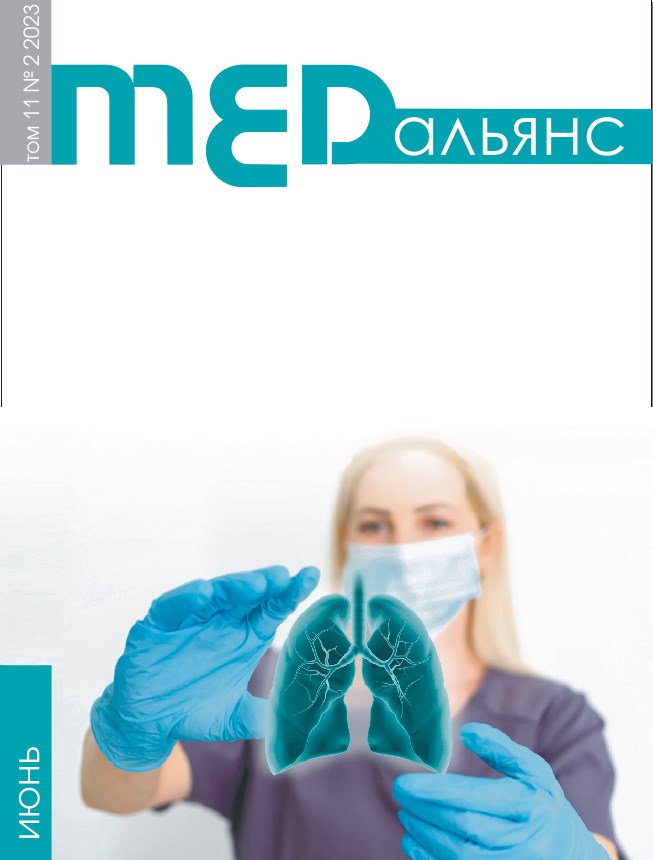Abstract
The development and severity of chronic periodontitis are associated with weak systemic inflammation in the body. Aggravating factors are somatic diseases (diseases of cardiovascular, endocrine, urinary and other systems) and metabolic disorders, age, as well as bad habits. Changes in blood biochemical parameters in localized periodontitis have been little studied. The course of periodontal tissue disease against the background of a sluggish systemic inflammatory response and an inconspicuous general reaction of systems and organs is relevant for determining the possible reaction of the body in response to the disease. Objective: Identify factors that determine the adaptive reserves of the body, and assessment of their influence on the course of localized periodontitis of traumatic etiology (LPTE). Material and methods: the study involved patients with localized periodontitis of traumatic etiology of mild and moderate severity (45-75 years), their adaptive response was determined on the basis of C-reactive protein level in the blood serum, clinical analysis and calculation of the entropy of the leukocyte blood count. Results: оne of the factors indirectly leading to the development of localized periodontitis of moderate severity is the aging of the organism. With moderate severity of localized periodontitis, a statistically significant increase in the number of monocytes and stab neutrophils was recorded compared with mild LPTE. A tense reaction of adaptation was detected in patients with moderate LPTE (72.3%), while in patients with mild LPTE, adaptive reactions were normal (62.8%). The content of C-reactive protein in the blood serum within the preclinical range (3-10 mg/l) contributed to an 1.74 times increase in the risk of developing moderately severe localized periodontitis compared with the clinical group with a C-RP concentration below 3 mg/l. The study of the content of C-reactive protein in the blood of patients with LPTE can be used to assess the progression of the course of the disease, the appearance of possible complications and relapse in the near future. Conclusion: аn increase in the level of C-reactive protein in the blood serum and a change in the entropy of the leukocyte blood count indicate a violation of the main homeostatic parameters, as well as a decrease in the adaptive capabilities of the body. The determination of these indicators before treatment makes it possible to predict the course and outcome of localized periodontitis of traumatic etiology.

